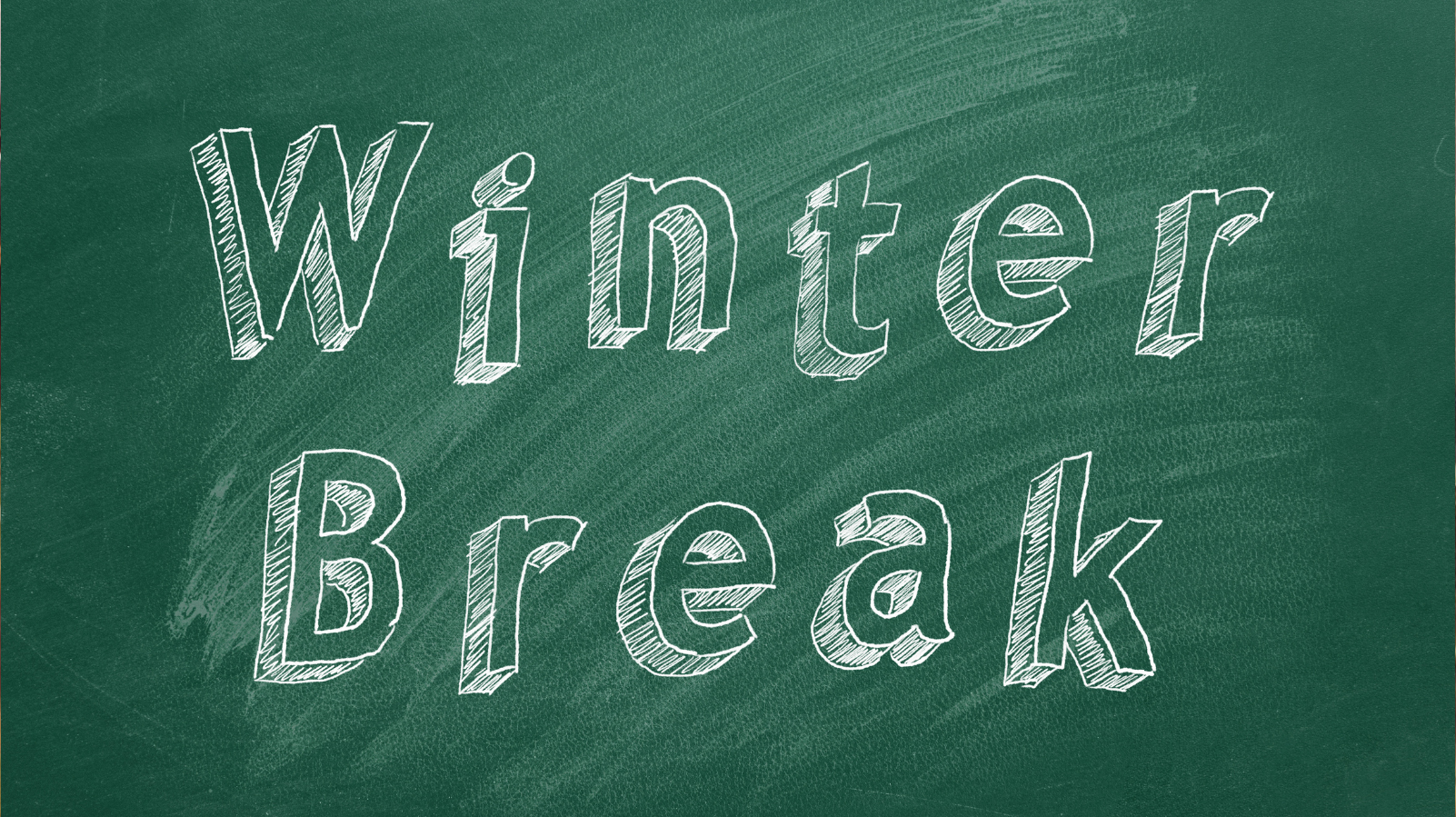
Sign-Up to Receive the Latest Updates
Not ready to register a free account yet, but still want to keep up with Stossel in the Classroom? Sign up for our Ideas in Action Newsletter!
As the winter break approaches, many teachers wonder how to keep their students engaged in meaningful activities during their time off. While it’s important for students to recharge, encouraging them to stay mentally active over the break can make a big difference in their academic success. One excellent opportunity to offer your students is participating in the Stossel in the Classroom Essay and Video Contests, along with other educational activities that help them continue learning in fun, authentic ways.
Here are some ideas to share with your students before they head into their well-deserved break:
- Participate in the Stossel in the Classroom Essay and Video Contests
The Stossel in the Classroom Essay and Video Contests provide an exciting opportunity for students to express their ideas on important topics and potentially win scholarship money. (Teachers can win prizes, too, for your efforts with students and the contest!)
This year, students can choose from four thought-provoking topics:
- The Effect of Minimum Wage on Entry-Level Workers
- Cancel Culture or Censorship
- A Better Immigration System
- Coercion vs. Choice in Government Policies
These topics encourage students to think critically, develop persuasive arguments, and write or produce a video that showcases their understanding. Students in grades 5–12 are eligible, and they can enter the essay contest, video contest, or both!
By encouraging your students to participate, you’re offering them a chance to write for an authentic audience—a key motivator in improving writing skills. Not only will they have a chance to win prizes, but they’ll also practice articulating their views on significant issues. With the submission deadline on March 21, 2025, winter break is the perfect time for students to start brainstorming ideas, conducting research, and outlining their essays or videos.
- Start a Personal Reading Challenge
Winter break is also a great time for students to catch up on reading. Encourage them to get away from their screens for part of the break! You can suggest that students create a personal reading challenge, setting goals to read a certain number of books, chapters, or even pages each day. They can choose books from various genres—fiction, nonfiction, biographies, or even graphic novels.
To make it more engaging, you might offer extra credit or recognition for students who complete their reading goals over the break. Encourage them to write short reflections or summaries about what they’ve read, which helps in retaining information and sharpening their analytical skills.
- Volunteer in the Community
Many communities have volunteer opportunities available during the winter months, and these can be incredibly rewarding for students. From serving at a local food bank to helping with community clean-up projects, volunteering gives students the chance to make a positive impact while learning valuable life skills. (And these look great on future applications, whether college or job applications!)
You can encourage students to reflect on their volunteer experience by writing about how it affected their view of the world or even tie it into classroom discussions once they return from break. Volunteering can also provide inspiration for the Stossel essay topics, particularly when thinking about government policies and personal freedoms.
- Create a Personal Project
Encourage your students to use the winter break to dive into a personal project of their choice. Whether it’s writing a short story, starting a blog, creating artwork, or developing a new skill like coding or photography, working on a project that they’re passionate about can be incredibly motivating.
Students who are interested in multimedia creation could also turn their projects into entries for the Stossel in the Classroom Video Contest. With divisions for middle school, high school, and even college, students can express their creativity while exploring serious topics in a format that suits them best.
- Reflect and Plan for the Future
Finally, winter break offers a great opportunity for students to reflect on their academic goals and plan for the future. Encourage them to think about their successes and challenges so far this school year, and what they hope to accomplish in the second half. You can even ask them to write a short reflection or set specific academic goals for the new year. This self-reflection not only promotes personal growth but also prepares them for a smooth transition back to school.

